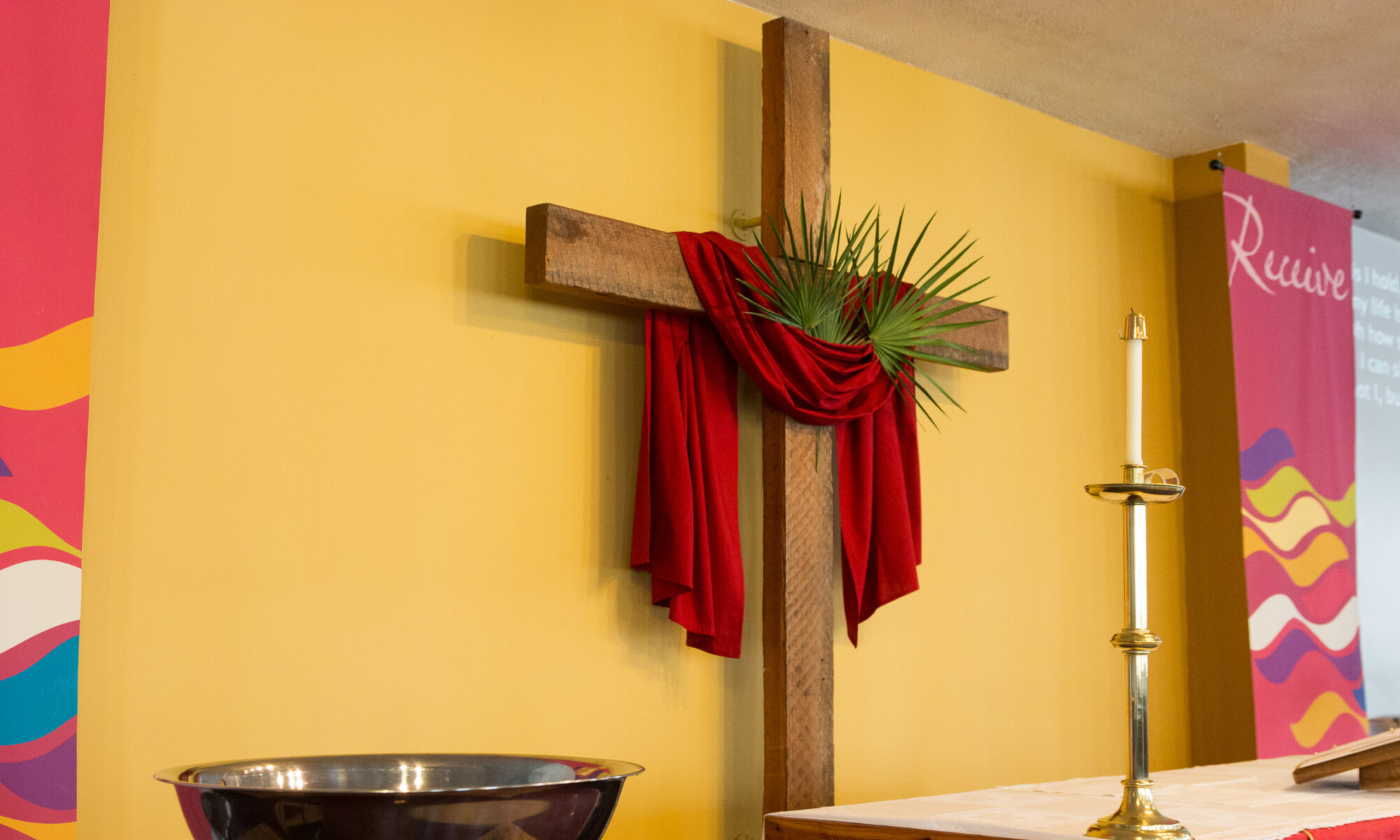The Rev. Dr. Brian G. Campbell
“Who rises up for me against the wicked?
Who stands up for me against evildoers?’
Psalm 94:16
The contrast could not be sharper:
At the end of June, Janis and I attended the Anglican Church in North America’s Assembly in Wheaton, Ill., where the reality and beauty of multi-ethnic communities of faith were celebrated and encouraged. It was glorious, and a foretaste of the fullness of the Kingdom of God (see Revelation 7 among other texts).
Then, during the first week in August, nine of us from Christ the Redeemer spent time rejoicing with and learning from our brothers and sisters in Rwanda. If you were present for worship last Sunday you caught a glimpse of the power of the gospel to bring cultures together within the fellowship of the Kingdom of God.
And then we returned to America and the horrors of Charlottesville!
The circumstances that defined the events of the past weekend were bad enough; however, the inept, confusing, and disturbing responses to the circumstances are frightening (while the violent behavior from both sides is to be condemned, there is no moral equivalency between the ideology of racism and supremacism and misguided modern liberalism; the latter is lamentable, the first is contemptible).
All of this led to the questions: What is happening within our country? And, how should the Church respond to it?
I am not competent to answer fully either question. But what I found helpful was to consider these questions in light of the Psalm set for the Daily Office last evening-Psalm 94.
The Psalm is a lament penned by an unknown author concerning an unnamed, but disturbing, crisis.
The first seven verses are the lament itself. The psalmist addresses the prayer to the “God of vengeance”, because THIS was the God he desired to intervene (such was the horror of the crisis he faced!). In his opinion, it was time for the “proud to be repaid” and the “exultation of the wicked” silenced. These boastful wicked people of power were “crushing God’s people…Killing the widow and the sojourner, murdering the fatherless”, all the while defying God (“The Lord does not see” they say, “the God of Jacob does not perceive.”).
He first brings his lament before his God, and then turns to address the wicked themselves (v. 8-11). He issues a word of warning, reminding them of who it is they are dealing with! “He who planted the ear…who formed the eye…who disciplines the nations…who teaches humankind…The LORD knows…” and will act in his good time.
This confession-like-warning leads the psalmist to make a personal confession of the blessings that come from God’s presence (v. 12-15). “Blessed is the man whom you discipline” (obviously seeing himself among that throng), “whom you teach out of your law”. And what is the conviction that comes from this blessing? “For the LORD will not forsake his people, he will not abandon his heritage; for justice will return to the righteous, and all the upright in heart will follow it.”
This personal remembrance of blessing, and this communal confession of faith, leads to a publicly voiced defiant question: “Who rises up for me against the wicked? Who stands up for me against the evildoers?” The psalmist, by voicing his lament to the only One who can intervene, discovers himself in the very presence of God, and is renewed by the reality of his partnership with God (“When I thought, ‘My foot slips,’ your steadfast love, O LORD, held me up. When the cares of my heart are many, your consolations cheer my soul.”
All of this leads to the conviction that “the LORD has become my stronghold”. The Psalmist is ready to face his crisis from this solid ground, trusting that the LORD “will bring back on them their iniquity.”
So what might this psalm teach us about our current crisis?
The first and foremost task of the Church (and individually each of its members) is to PRAY! To bring the crisis, and our personal response to it, before God as honestly and as passionately as we are able. This remains the genius of the Jews, and must become the habit of the Church! Let’s stop our ‘ranting and raving’ to others, and begin our ‘lamenting’ to God.
We need to pray BEFORE we speak to those in the crisis! And then, we are to simply remind them of the danger they are in, responsible as they are for their actions and convictions, before the One who made them and who will hold them to account.
And finally, we are to remain in prayer until we ourselves are changed simply by being in the presence of God, having renewed our partnership with him. Then, and only then, can we dare re-engage with the crisis from that “stronghold”, while trusting in and waiting for the fullness of the Kingdom.
In the midst of this crisis, may the Church be the community that brings it into the presence of God, seeking to be changed by that presence, so that we might be agents of change –in partnership with God—within our culture.

